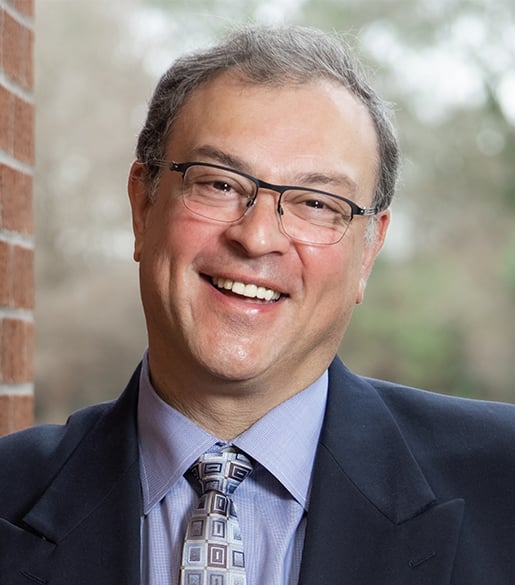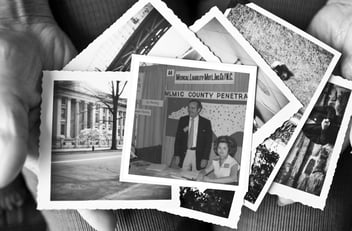Caring for One Another

Dr. Damian McHugh explores the importance of fostering genuine connections among healthcare professionals as a way to restore trust and promote teamwork with a collective sense of mission.
As a student of the history of medicine, I once encountered The Edwin Surgical Papyrus, likely written in Egypt around 1600 BC. Was its author a doctor who tended those who were hurt building the pyramids? Case reports address crush injuries, fractures and dislocations in descending anatomical order starting at the head, and moving sequentially through neck, trunk, and limbs. After the exam comes the diagnosis and prognosis, where the physician judges the chances of survival and makes one of three diagnoses: “An ailment which I will treat,” “an ailment with which I will contend,” or “an ailment not to be treated.”
Even in modern medicine, those fundamental principles of disease and trauma categorization are not vastly different. What spans history with little apparent change is the provider’s role as compassionate caregiver and patient advocate, as well as their skill in stabilizing injury or the prescription of relief of pain and anxiety.
The practice of medicine is subject to much more complexity than in years’ past. Computerization and globalization, thankfully, have resulted in patients being infinitely better-informed consumers of healthcare. The types of questions they bring to their health team differ greatly from those brought by their parents years ago. With AI set to pervade so many aspects of our society, it’s worth bearing in mind the words of Eric Topol, who suggests that “the greatest opportunity offered by AI is not reducing errors or workloads, or even curing cancer: it is the opportunity to restore the precious and time honored connection and trust – the human touch between patients and doctors.”
So that need for time and trust in all interpersonal encounters is timeless and enduring. As remote working has become more of a new norm, the one-on-one interactions that so many of us need—indeed crave—have become fewer in our businesses and companies. Online shopping and Amazon boxes have replaced so many of our traditional daily interactions, favoring efficiency and time saving at all costs.
Despite these obvious changes, our margin, paradoxically, seems to have become more eroded. We have more electronics and gadgets, but less time. We hop on calls, only to jump off early to hop on the next. We struggle with chronic lateness which escalates the temporal pressure. We feel constantly more overloaded and strapped for time.
The house of medicine is looking intently at caring for the caregivers in a desperate attempt to stem the tide of exodus from healthcare professions. Restoring trust, promoting teamwork with a collective sense of mission, and, as the AMA stateds, “getting rid of stupid stuff” hold promise. Despite so many high-functioning teams being aware of these principles, application into the daily lives of those who care daily still seems lacking.
Healthcare worker burnout harms all of us according to Surgeon General Vivek Murthy. In his report last year, Dr. Murthy states that the burnout crisis will make it harder for patients to get care when they need it, cause costs to rise and worsen health disparities. He goes on to supply a full resource of suggestions for action that different groups can implement.
We encourage taking ample time for self-reflection and colleague support, now more than ever prior. People are more important than computers. The need for the human touch, evident in the provider-patient relationship, is also paramount in our interactions amongst ourselves. My closing thoughts are simply the words of George Eliot—“What do we live for if not to make life less difficult for each other?”
The opinions and views expressed in blog posts on Curi’s site belong to and are solely those of the individual author, and do not necessarily reflect those of Curi Advisory or Curi Advisory’s parent or affiliated companies or their members, insureds, clients, customers, or partners.
About the Author









.jpg?width=352&name=iStock-1832324484%20(1).jpg)
Comments